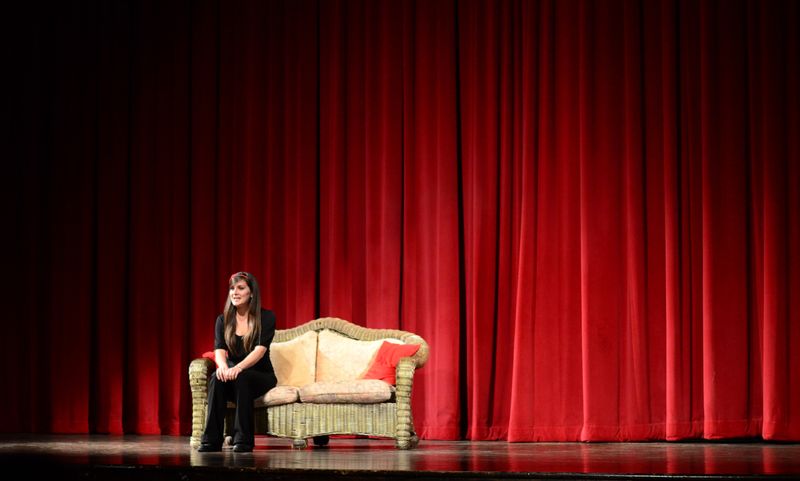Dear Editor,
We would first like to thank you for writing about our production of The Vagina Monologues. We appreciate your recognition of how important this issue is for Women’s Empowerment, the House Committee and the greater Fordham community. However, we would like to offer some clarifications on our struggle to produce The Vagina Monologues.
In the article, “House Committee Takes Major Step, Supports Monologues” in the Feb. 19, 2014 Vol 96.5 edition of The Ram there were some points about the Vagina Monologues that we would like to correct. The monologue the administration takes issue with “The Little Coochie Snorcher That Could” is narrated by a woman looking back on significant experiences that formulated her feelings about her “coochie snorcher.” The woman recounts her memory of being violently raped by one of her father’s friends when she was 10 years old. Her father shoots this man and she is not allowed to see her father for seven years. This rape is not romanticized. She claims this as a violent, horrible experience in the narrative of her coochie snorcher. This experience is traumatic, and she does not run from this truth.
She then recalls as a 13-year-old that her coochie snorcher is a place of “nastiness, blood, and bad encounters.” After, she narrates the memory of her first positive sexual encounter. Originally, in the script, this encounter took place when she was thirteen years old with a woman who was 27 years old. However, the script has since been updated to reflect a more common age of consent —16 years old. The older woman’s age has been lowered to 24 years old. The script no longer contains the phrase- “if it was rape, it was good rape” — but the woman states that it was her “politically incorrect salvation.” To clarify, this encounter is not a violent one. The language used by the narrator reflects the intimate, loving and transformative nature of her experience.
While this may seem as though we are nitpicking certain details, the details are extremely important when discussing The Vagina Monologues. The beauty of these monologues is in the details. To erase or distort these details would only cause a loss of the dialogue V-Day tries to create in exploring the experiences of women. Ultimately our goal is not only to end violence against women, but to also end the erasure of women’s experiences. Neither V-Day nor Women’s Empowerment condone or romanticize statutory rape or any form of violence against women. However, we find it vital to claim these experiences in the vast and collective narrative of what it means to be a woman.
In standing against the erasure of women’s experiences, we are constantly struck by the University’s request for us to omit this monologue. In the face of difficult issues, the University has asked us to omit this monologue because it does not comply with Fordham’s Jesuit, Catholic identity. However, we have chosen to engage fearlessly and robustly, heeding Father McShane’s call to action — first issued in his response to the Ann Coulter controversy of Fall 2012. Women’s Empowerment is using The Vagina Monologues as one of its many campaigns to highlight the realities of women’s experiences. We only wish that Fordham administration would stand in solidarity with us in all of our efforts.
Sincerely,
The Cast, Directors and Producer of The Vagina Monologues – 2014





































































































































































































